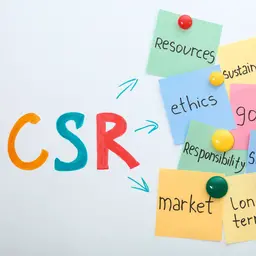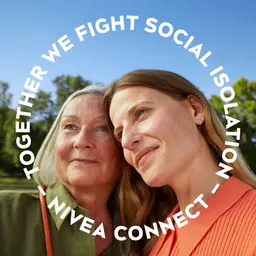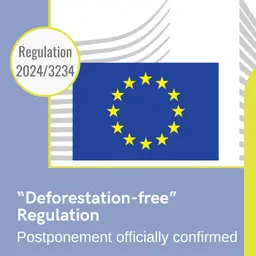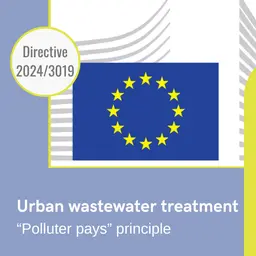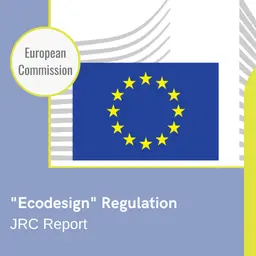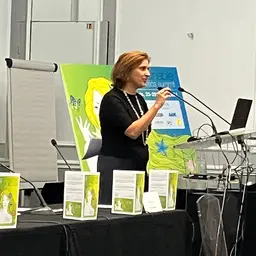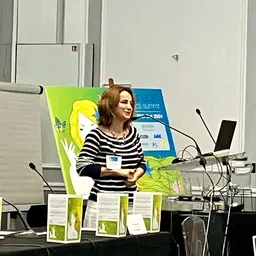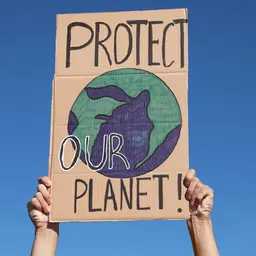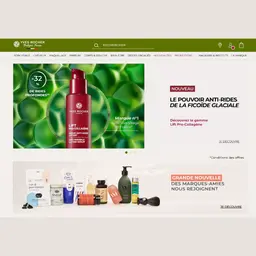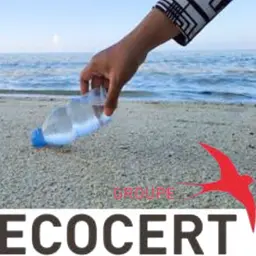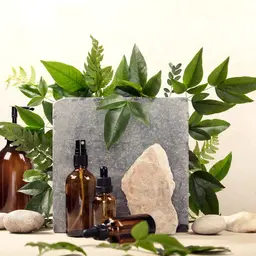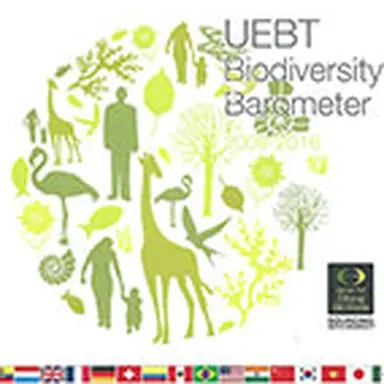
Since 2009, UEBT (Union for Ethical BioTrade) assessed awareness of biodiversity, and interest in ethical sourcing in 16 different countries. Eight years of research, among 54,000 people, and hundreds of leading companies, has provided several valuable insights that may guide companies and governments in their approaches towards people and biodiversity. The UEBT Biodiversity Barometer 2016 was presented at the 'Beauty of Sourcing with Respect' conference in Paris, on 26 May, 2016.
The 2016 biodiversity Barometer was undertaken in three steps:
• A consumer survey: Interviews were conducted with national representative samples of 1000 persons per country in March and April 2016
• Street interviews: More than 90 random passers-by were interviewed in countries where the consumer research for the Biodiversity barometer is conducted - France, Germany, United Kingdom, US, Brazil, Peru, and Ecuador
• Company reporting: To assess attention for ethical sourcing of biodiversity in company reporting, UEBT reviewed communication materials of the top 100 beauty and food & beverage companies in the world. The review included publically available documents only, such as statements on websites, sustainability reports, and policies.
The 10 takeaways from 8 years of Barometer
1. The understanding of biodiversity is rising significantly around the world
2. Biodiversity is a global concept, with high awareness in emerging markets in Latin America and Asia
3. People want to personally contribute to biodiversity conservation, but they don’t know how to do it
4. Consumers expect companies to respect biodiversity, but there is little confidence that they currently do
5. Transparency is important; consumers want to know whether sourcing practices respect people and biodiversity; they would like more information, externally validated
6. Consumers are convinced of companies' respect for people and biodiversity mainly through brand reputation, as well as through authentic stories and images in brands’ communication
7. Millennials have the highest awareness of biodiversity and can identify brands that respect biodiversity; they value companies taking concrete actions for people and biodiversity
8. Few international brands positioned themselves around sourcing practices with respect for people and biodiversity; Natura Cosmetics leads the way in Latin America
9. Corporate communication on biodiversity by beauty, food, and beverage companies is on the rise, but still short of expectations
10. References to access and benefit sharing (ABS) are rising in corporate communications
The biodiversity awareness
Three regions of the world are much more aware of biodiversity than the others:
• Latin America: In Brazil, 95% of people have heard of biodiversity; they are 94% in Peru, 93% in Columbia, 90% in Mexico, and the majority of them gives correct definitions of what it is:72% in Peru, 56% in Brazil, 46% in Mexico, and 44% in Columbia
• Europe: France and Switzerland are here the leaders; 95% of French people have heard of biodiversity (83% of Swiss people), even if only 36% knows the correct definition (37% in Switzerland)
• Asia: China leads the way with 94% of people having heard of biodiversity (95% in Vietnam, 73% in South Korea, 62% in Japan) and 64% giving a correct definition of what it is (47% in South Korea, 36% in Vietnam, 29% in Japan)
Understanding of biodiversity continues to increase
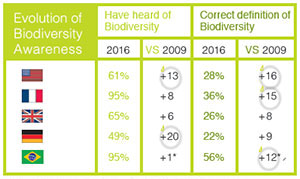 The word 'biodiversity' is relatively new, as it was only coined in the mid-1980s. Since UEBT started to measuring in 2009, awareness has risen in all of the core countries of the UEBT Biodiversity Barometer, particularly in Germany and the USA. Understanding of what biodiversity means has grown even more significantly over the last years. To illustrate, the total number of people that defined biodiversity correctly has more than doubled in the USA since 2009. In France and Germany it increased with approximately 70%.
The word 'biodiversity' is relatively new, as it was only coined in the mid-1980s. Since UEBT started to measuring in 2009, awareness has risen in all of the core countries of the UEBT Biodiversity Barometer, particularly in Germany and the USA. Understanding of what biodiversity means has grown even more significantly over the last years. To illustrate, the total number of people that defined biodiversity correctly has more than doubled in the USA since 2009. In France and Germany it increased with approximately 70%.
• Quote from USA:
'Biodiversity means basically the diversity of life, different life forms, anything from flora and fauna.'
• Quote from Germany:
'For me biodiversity is the ensemble of plants, species, and flora… It is practically like the oxygen for our planet'.
Change comes from respondents below 30 years of age, who are both significantly more aware about biodiversity, and have a better understanding. They learn about the importance of biodiversity at school and want to personally contribute to biodiversity conservation.
But according to UEBT, despite these very positive trends, governments need to continue raising awareness to meet the 2020 biodiversity targets of the United Nations, which are:
'By 2020, at the latest, people are aware of the values of biodiversity and the steps they can take to conserve and use it sustainability.'
Transparency in company communications also increases
Biodiversity is now firmly on the radar of the top beauty and food companies. Over the last five years, attention for biodiversity in corporate communications has steadily risen. In the beauty industry, for instance, the number of companies mentioning biodiversity has tripled since 2009.
However, the amount and quality of information on biodiversity in corporate reporting remains limited. Often, references are restricted to a few supply chains such as palm oil or paper. Looking forward, it is clear that corporate reporting will need to link the concept of biodiversity with its discussion policies and practices along all its supply chain. Information will need to be clearer and more comprehensive. This is essential to respond to consumer expectations toward companies and to build public trust.

Biodiversity, consumers and brands
Over the past years, eight out of ten respondents consistently indicated they expect companies to have sourcing policies that respect biodiversity. Since 2009 the importance of information and external verification of commitments to ethical sourcing of biodiversity have also been repeated over and over again.
Against a backdrop of such expectations, and growing biodiversity awareness among consumers and companies, consumers remain unconvinced about companies' respect for biodiversity. The lack of consumer confidence has remained unchangingly low over the years.
Ethical sourcing of biodiversity is clearly expected and drives purchase intentions but 70 % of the consumers have more faith on brands' commitment when it is verified by an independent organization.
What convinces the consumer?
Brand reputation is most important when it comes to persuading people that companies respect biodiversity and people (78%). Reputation can be built through authentic storytelling and external validation of respect for people and biodiversity.
Consumers are convinced by concrete stories and images (73%) of what happens in supply chains. Millennials in particular are interested in radical transparency, looking for real time information at their fingertips. Yet, discussions in social media (56%) or simply the number of Internet search hits (57%) do not provide them with enough certainty.
Where are the biodiversity champions?
Finally, UEBT asked people to name companies that respect biodiversity. Only half of the respondents is able to provide any names, and most often from their own country.
In Latin America, only one brand is strongly associated with respect for biodiversity: Natura Cosmetics is consistently named by a significant number of respondents, particularly in Brazil. In other regions, brands like The Body Shop (in UK), Yves Rocher or Nestlé (in France) have repeatedly been mentioned, but by significantly fewer respondents and their listings fluctuate from year to year.
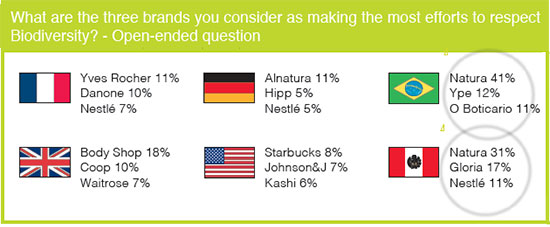
This means there is still ample opportunity for brands to distinguish themselves on the basis of ethical sourcing of biodiversity. Credible stories about concrete actions can give consumers the chance to fulfil their interest in contributing to the respect for people and biodiversity.

